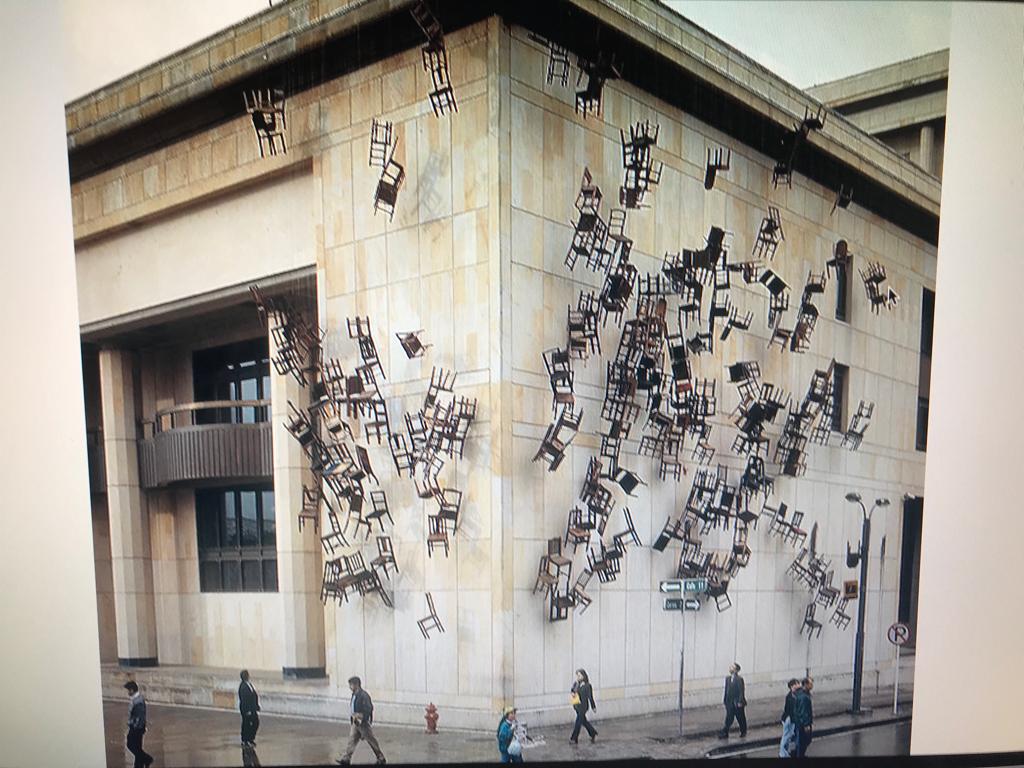Humanism constitutes the main ethical-philosophical foundation of modernity. However, it is not a uniform philosophy but an open and dynamic field of self-reflection on the human being. The development of scientific knowledge, democratic citizenship, technological advances and the secularization of values are just some of the forces that have modulated it.
With all this in mind, this Workshop on contemporary humanism and its drifts deals with philosophical thought as well as with transformations in historical consciousness, aesthetic expressions, the emergence of new knowledge about the subject, and changes in the orbits of production, consumption, collective organization and lifestyles.
REGISTER HERE
Martín Hopenhayn is a philosopher and essayist, director of the Diploma in Humanities of the Center for Humanities UDP, former director of the Social Development Division of ECLAC, and author, among other books, of Después del nihilismo: de Nietzsche a Foucault (1997 and 2005); Crítica de la razón irónica: de Sade a Jim Morrison (2002); and Multitudes personales (2020).
Duration: Eight sessions from 6.30 p.m. to 8.30 p.m., on July 27 and August 3, 10, 17, 24, 31, and September 7.
Venue: Zoom platform.
Contact: [email protected]
Free workshop (in Spanish)
Contents per session:
Origins and ideals of modern humanism
- Genesis and traits of origin
- Secular power and mercantile ethics: political and individual self-determination vs. the power and morality of the Church.
- The Cartesian “cogito” and the new preeminence of conscience
- The enlightenment and republican humanism of the eighteenth century.
Utilitarianism, liberalism and industrialism: 18th and 19th centuries.
- Bases of utilitarianism and its relationship with humanism.
- The combination of personal egoism and collective benefit in the origins of liberalism and political economy.
- Industrial revolution, industrial capitalism: humanization, dehumanization.
- The “homo faber” as a Promethean myth of modernity.
Critical humanism and anti-humanism in the 19th century.
- The place of the subject in relation to history: from idealism to materialism.
- The new social critique and its anchoring in the dialectic of domination/emancipation of the subject.
- The new critique of culture as a radical humanism or anti-humanism
- The myths of the “new man”.
The vision of work as the foundation of the human and the subject in the 19th and 20th centuries.
- The ambiguity of work between necessity and freedom of the subject.
- Work as the foundation of the social being and of recognition by others.
- The end of work: between utopia and dystopia from a humanist perspective.
The self-realization of the subject and the emancipatory ideal of 20th century humanism.
- The aesthetic avant-garde: the reinvention of the self and the reinvention of forms.
- Radical secularization and the emergence of subjectivity: the 1960s.
- The eclecticism of humanistic psychology and the ideal of personal development.
The currents of humanism and anti-humanism in the 20th century: psychoanalysis, existentialism, critical theory and postmodernism.
- The psychoanalytic perspective of the subject: a tragic or liberating vision?
- Existentialism as humanism and as anti-humanism.
- Critical theory between humanism and hopelessness
- Postmodernity and the end of the modern subject
Humanism in the transition from the 20th to the 21st century.
- Fall of the wall, collapse of utopias, fracture of ideologies.
- End of the meta-narratives: is it the end of humanism?
- Late capitalism and informationalism: lack of belonging with an excess of communication.
- The challenges of humanism in liquid modernity and hypermodernity.
Twenty-first century: end of humanism or urgency to preserve it?
- Society of tiredness, accelerationism and connective mutation: centrifuged humanism.
- The drifts of recognition: emancipation or control of the subject?
- The tyranny of jouissance as suicide of humanism
- What is urgent to preserve?


